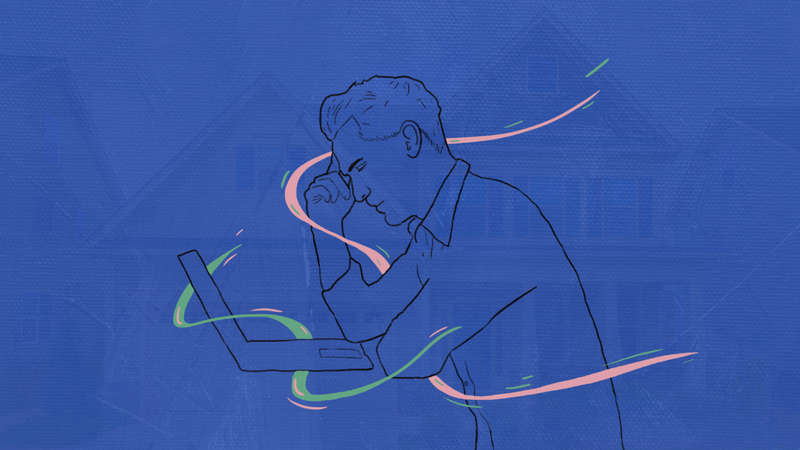Code Red: The mental health crisis engulfing firefighters
🔗 [SYSTEM UPDATE] Link found. Timestamp incremented on 2025-11-26 13:55:13.As fire engulfs large sections of Australia's east coast, the men and women who did not hesitate in answering the call...
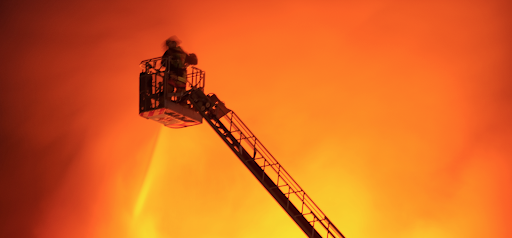
By COBY RENKIN and LAUREN ROSENBERG
This story is part of MOJO News campaign #HearMeOut to have a Federal Minister for Suicide Prevention appointed *
As fire rages along large sections of Australia's east coast, the men and women who did not hesitate in answering the call for help are rightly being lauded as heroes.
Bushfires are terrifying and, largely, unpredictable. They incinerate anything in their paths, sending family homes, businesses and dreams up in smoke.
Firefighters follow orders in a controlled effort to keep the flames from doing worse - while often wondering if they'll go home to their families at the end of it all.
Nightfall brings no relief. The moon glows an ominous red.
Then there's the terrible moments when hope for a community member who is missing amid the chaos, turns to a recovery mission. Firefighters are called on to rake through the coals to find the answer no one wants.
Four bodies have been recovered so far during the fires on the mid-north coast. That toll will likely rise.
Studies on firefighters' mental health have found that, like a sudden wind-change, the battle can swiftly and savagely swing around after the flames have been put out.
The adrenaline and mateship from the fire fight disappears and a fresh and often lonely battle with depression begins.
Matthew had to put on his uniform every day and care for others in times of danger and crisis, but beneath the surface, his own mental health was deteriorating.
The volunteer firefighter has been battling mental health issues for years. For a while, he didn't know who he could talk to.
“I live my life today where I don’t know if I’m gonna be on the floor curled up having a panic attack,” Matthew said.
According to Beyond Blue's Answering the Call report, when compared to the general public, Australia's emergency service workers experience more than double the number of suicidal thoughts. They are also three times more likely to plan to end their lives.
Matthew suffers from anxiety and depression, which are triggered by certain aspects of his job, such as stress and lack of sleep.
It began years ago when he attended a fatal car crash, and from that day he has suffered from post-traumatic stress disorder (PTSD).
"It took me a few years to get over that, to actually sit in the driver's seat and actually go for my learners. I was about 18, I just couldn't bring myself to do it," Matthew said.
"I sit in my car now and freak out because I go back to that car accident in my head."
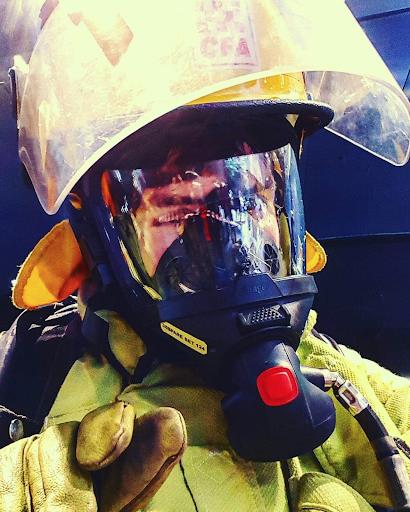
Five years ago Matthew tried to end his own life, but he was fortunately stopped by a young stranger on the street.
"He was probably no older than 12, he put his hand on my shoulder and asked 'are you okay?' and I turned around and said no," Matthew said.
"I thank him for my life every day."
Matthew said a fear of being stigmatised contributes to a lack of conversation around the mental health of fire fighters.
“We all sort of keep it to ourselves because, I know it sounds bad, but we don’t want to be judged for it,” Matthew said.
Matthew said the issue of mental health needed urgent attention and should be faced 'head-on', but he was still afraid to 'drag anyone down with negativity'.
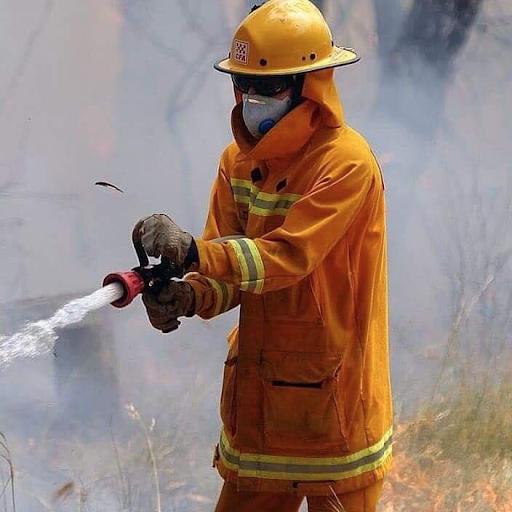
He said emergency service recruits should be provided with information about mental health.
“If you’re going to work for emergency services, you’re surely going to experience something that might affect you down the track,” he said.
“The biggest thing about mental health is that it needs to be spoken about, people need to be able to feel comfortable to come out and tell people about it.
"Mental health is not an easy topic to talk about, but it just starts with the question - ‘are you okay?’.”
Tara Lal is a fulltime firefighter, member of the Fire & Rescue NSW incident peer support team, a previous wellbeing coordinator within the fire service.
Ms Lal is familiar with the devastation caused by mental health problems within the first responder community.
She said the mental health of service workers is an important area that needs more focus to 'better support people', and a reason why first responders are at such a higher risk of suicide is because they are frequently exposed to it at work.
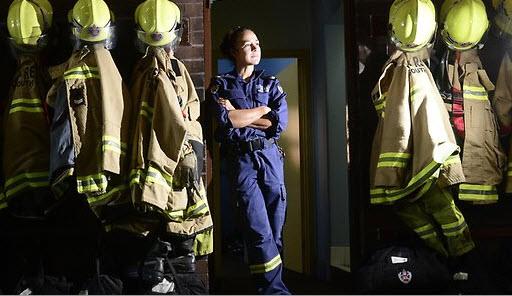
“There is a cumulative impact that people who are exposed to suicides have a much greater risk than of subsequent suicidal behaviour and also of post-traumatic stress disorder, depression, anxiety and any other sort of social isolation as well,” Ms Lal said.
Ms Lal has written a book which focuses on these issues titled Standing on my Brother’s Shoulders, detailing her own journey with grief after her brother's death by suicide.
She agreed stigma is a big issue among first responders, since their job is based around 'protecting and preserving life'.
"We’re very, very good at helping people and we see our role as sort of fixing and helping things," she said.
"The flip side of that is that we often find it very, very difficult to ask for help.”
Ms Lal said government funding is crucial in providing adequate support to high-risk workers.
"A few years ago we didn't have a psychologist at all," she said.
"We now have one psychologist, but there are 8,000 firefighters in NSW, and we just have one psychologist and one wellbeing coordinator,
"The rest of the team is made up of volunteers, who are peers."
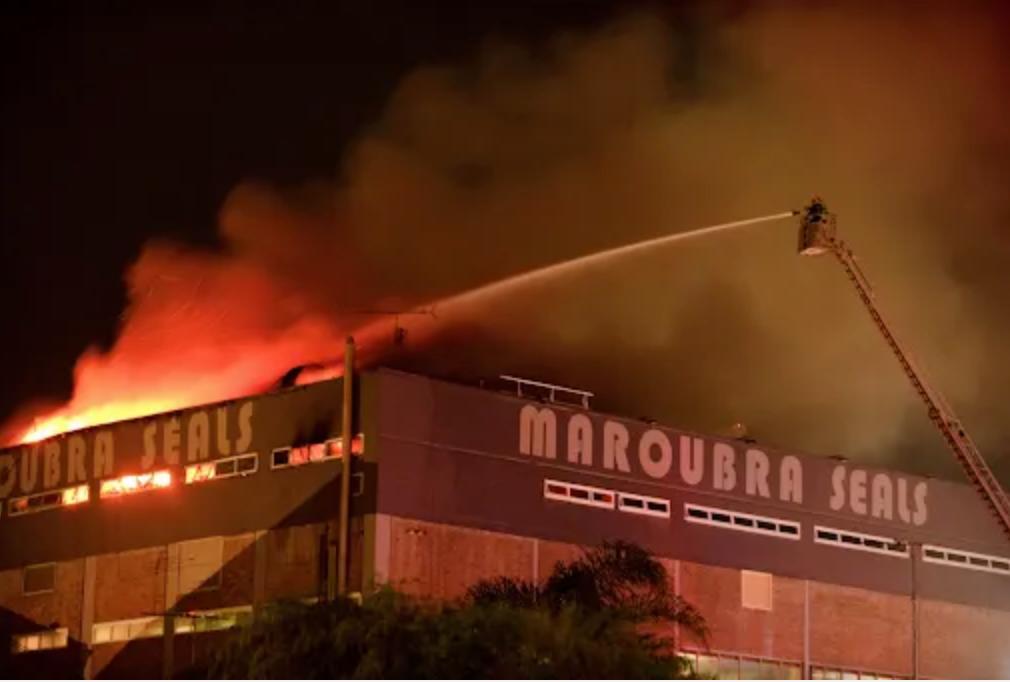
Tracey Varker is the acting Director of Research at Phoenix Australia- Centre for Post-traumatic Mental Health.
Ms Varker has researched workers in 'high-risk' industries, who are exposed to trauma because of their job.
She has worked with Victoria Police and Australian Federal Police in helping employees to better prepare for, understand and cope with potential mental health issues that could arise throughout their careers.
“Just because you go to one type of event and you might be fine, there could come a day where you come across something that is a lot more difficult for you and you find a lot more difficult to cope with,” Ms Varker said.
Post-traumatic stress disorders often set in after emergency service workers respond to an incident where someone has been killed or seriously injured.
Ms Varker said the mental health issues occurring within the emergency service workers’ community can all contribute to an increased risk of suicide.
“[Emergency service organisations] are taking this issue very seriously of trauma, not just PTSD but all the different kinds of consequences that can come from being exposed to trauma," she said.
"Anxiety, depression, alcohol use, they’re all things that can kind of stem from being exposed to traumatic events.
"There is a big shift in terms of them wanting to devote a lot of time and energy into trying to do what they can to support their workforce.
"[But] it’s still not perfect by any means.”
* Please sign MOJO News' petition to have a Federal Minister for Suicide Prevention appointed here.
LIFELINE: 131114





